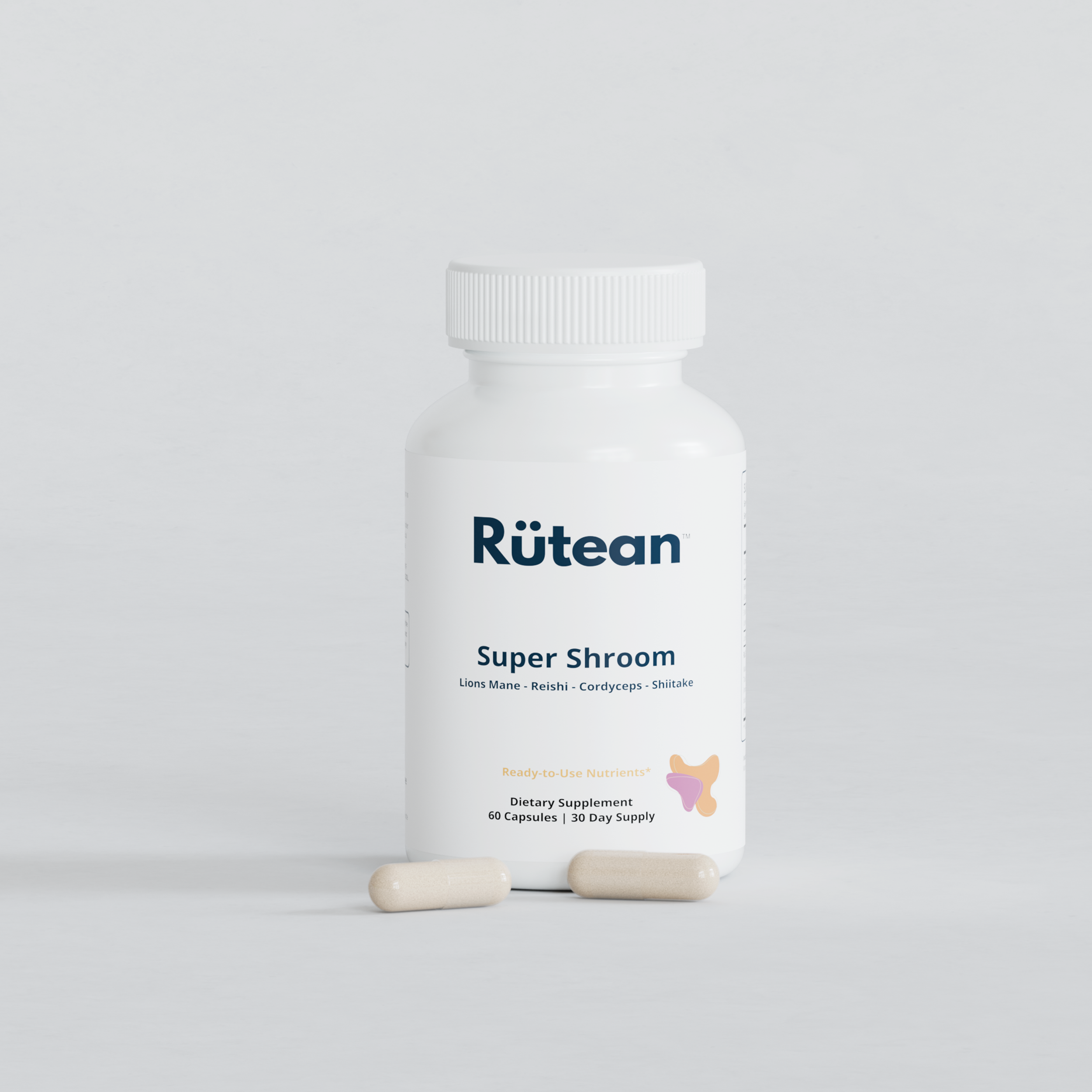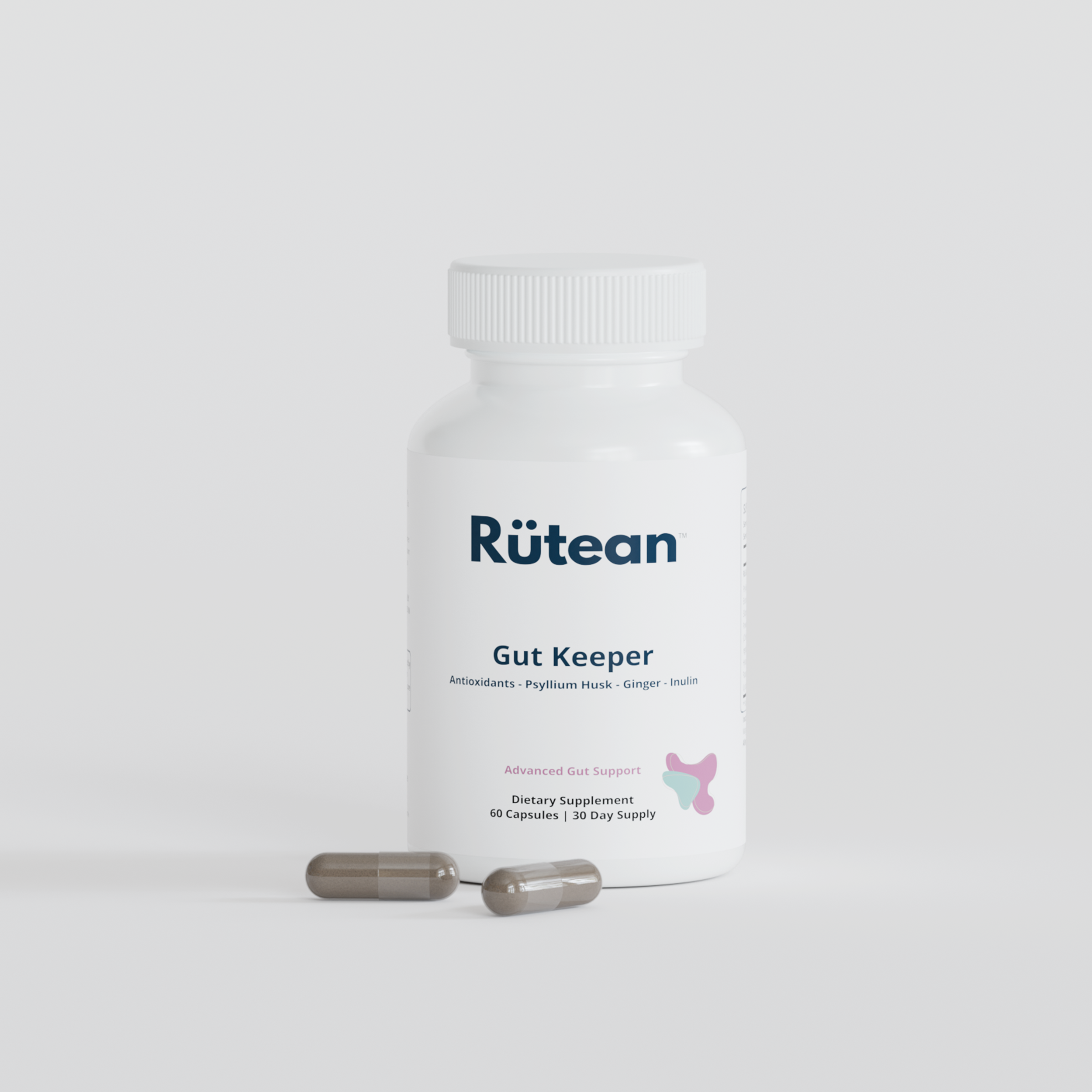Metabolism, a term we've all encountered in our health journeys, is far more than a mere buzzword. It's the silent engine that powers our bodies, converting the food we eat into energy, repairing cells, and managing waste. Understanding and optimizing our metabolic rate can play a pivotal role in enhancing our health and well-being.
What is Metabolism?
At its core, metabolism refers to the intricate set of life-sustaining chemical reactions that occur within our cells[1]. These reactions are broadly classified into two categories:
Catabolism: The breakdown of complex molecules to produce energy.
Anabolism: The synthesis of compounds essential for cell growth and repair.
Together, these processes ensure that our cells receive the necessary energy to function while simultaneously repairing and renewing themselves.
Factors Influencing Metabolic Rate
Several factors determine an individual's metabolic rate, including:
Age: Metabolic rate generally decreases with age due to muscle mass reduction and other factors[2].
Gender: Men typically have a higher basal metabolic rate (BMR) because they have more muscle mass, which burns more calories than fat[3]*.
Body Composition: Muscle cells require more energy than fat cells, so individuals with more muscle mass tend to have a higher BMR[4]*.
Thyroid Function: The thyroid gland plays a critical role in regulating metabolism by releasing hormones that influence metabolic rate[5]*.
The Link Between Metabolism and Weight
One of the most prominent discussions around metabolism revolves around weight management. A faster metabolism burns calories more efficiently, which can be beneficial for weight loss. Conversely, a slow metabolism may make it harder to shed pounds[6]. However, it's crucial to note that metabolism is only one of many factors that influence weight. Diet, physical activity, genetics, and hormonal balance also play significant roles.
Boosting Your Metabolic Rate
While some factors influencing metabolism are beyond our control (like age and genetics), several strategies can help boost your metabolic rate:
Increase Muscle Mass: Engage in strength training exercises to build muscle, which can elevate your BMR[7]*.
Stay Active: Regular aerobic activity, even in short bursts, can rev up your metabolism[8]*.
Eat Protein-rich Foods: Consuming protein can cause a temporary spike in metabolism due to the thermic effect of food[9]*.
Stay Hydrated: Drinking enough water can temporarily boost metabolism by increasing the energy expenditure required to process the liquid[10]*.
Conclusion
A deeper understanding of metabolism offers insight into the body's energy needs and functionality. By recognizing the role of metabolism in our health and implementing strategies to optimize it, we can navigate our health journey more effectively.
Remember, while it's beneficial to boost metabolism, a balanced approach that incorporates a healthy diet, regular physical activity, and adequate rest is key to optimal well-being.
References
1- Alberts B, Johnson A, Lewis J, et al. Molecular Biology of the Cell. 4th edition. New York: Garland Science; 2002. Energy Conversion: Mitochondria and Chloroplasts.
2- Manini, T. M. (2010). Energy expenditure and aging. Ageing research reviews, 9(1), 1-11.
3- Elia, M. (1992). Organ and tissue contribution to metabolic rate. Energy metabolism: tissue determinants and cellular corollaries. Raven Press, New York, 61-79.
4- Zurlo, F., Larson, K., Bogardus, C., & Ravussin, E. (1990). Skeletal muscle metabolism is a major determinant of resting energy expenditure. Journal of Clinical Investigation, 86(5), 1423-1427.
5- Müller, M. J., & Seitz, H. J. (1984). Thyroid hormone action on intermediary metabolism. Part I: respiration, thermogenesis and carbohydrate metabolism. Klinische Wochenschrift, 62(9), 429-438.
6- Tremblay, A., & Chaput, J. P. (2009). Adaptive reduction in thermogenesis and resistance to lose fat in obese men. British Journal of Nutrition, 102(4), 488-492.
7- Westcott, W. L. (2012). Resistance training is medicine: effects of strength training on health. Current Sports Medicine Reports, 11(4), 209-216.
8- Poehlman, E. T., Gardner, A. W., Arciero, P. J., Goran, M. I., & Calles-Escandon, J. (1995). Effects of endurance training on total and regional body composition in elderly men and women. Archives of internal medicine, 155(11), 1177-1183.
9- Acheson, K. J., Blondel-Lubrano, A., Oguey-Araymon, S., Beaumont, M., Emady-Azar, S., Ammon-Zufferey, C., ... & Bovetto, L. (2011). Protein choices targeting thermogenesis and metabolism. The American journal of clinical nutrition, 93(3), 525-534.
10- Boschmann, M., Steiniger, J., Hille, U., Tank, J., Adams, F., Sharma, A. M., ... & Jordan, J. (2003). Water-induced thermogenesis. The Journal of Clinical Endocrinology & Metabolism, 88(12), 6015-6019.



